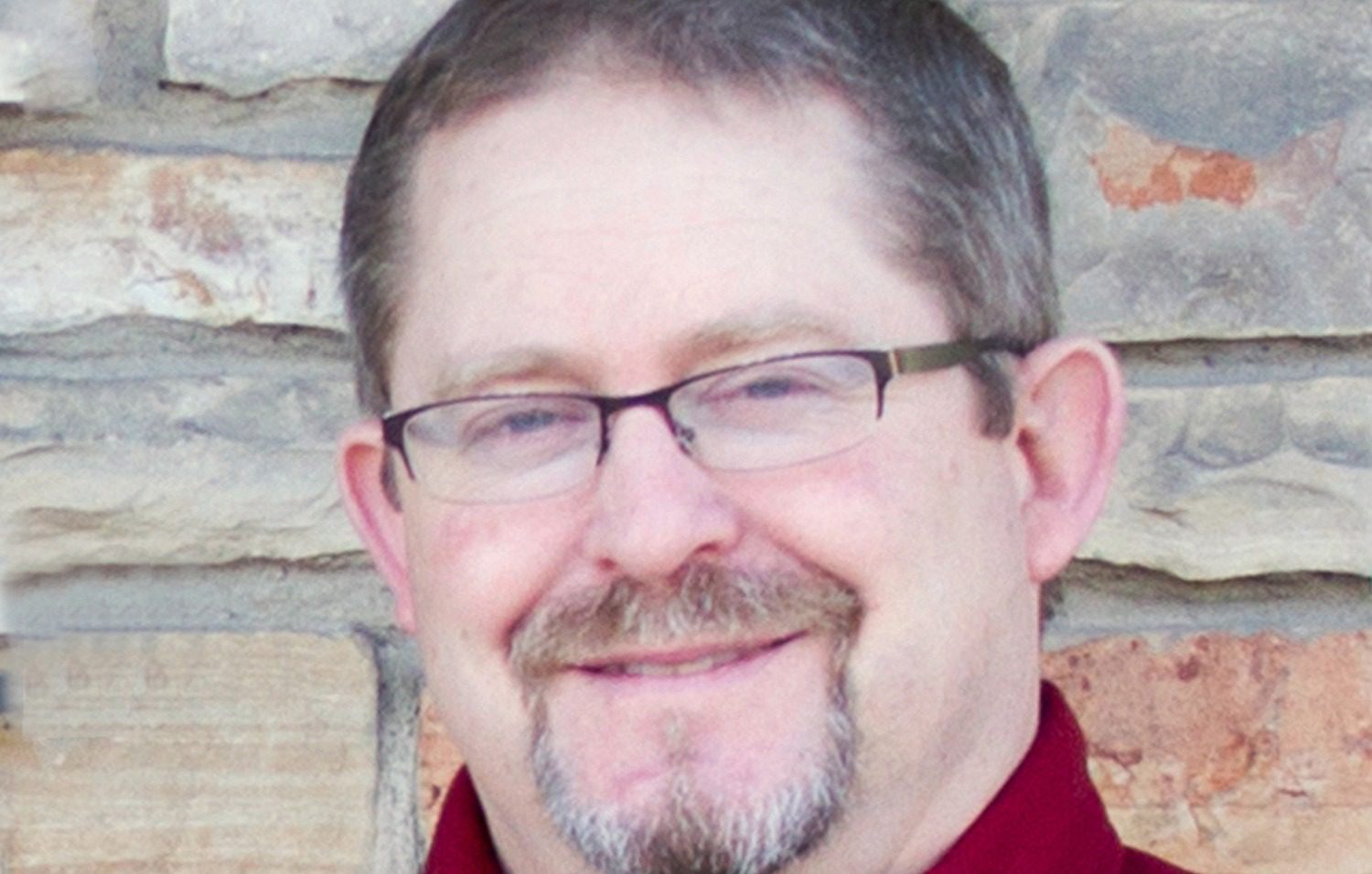Metal Ware Thrives By Meeting The Moment In More Ways Than One


Rick Carey already knows the timing for his company’s products is good, given how Covid has helped boost sales of The Metal Ware Corp.’s products ranging from food dehydrators to candle-wax pitchers. Now the CEO of the $50-million manufacturer in Two Rivers, Wisconsin, thinks the timing for his supply-chain philosophy will be just as beneficial.
Carey began easing Metal Ware out of its dependence on China-made components several years ago. And while the company would have difficulty completely extricating itself from those remaining supplier relationships, its previous efforts, combined with the widespread supply-chain problems it has been experiencing along with many American manufacturers, have Carey believing that now is an ideal moment to redouble Metal Ware’s efforts to manufacture domestically.
“We still do [manufacturing in China] but we’re focusing on what we can bring back now,” Carey told Chief Executive. “We have been practicing hybrid manufacturing for years. We have several products where a small subcomponent is made and shipped to us from overseas and then we manufacture the remainder of the product domestically. We are looking at our existing and new products for opportunities to further this manufacturing mode.
“If a product is injection-molded, roto-molded or stamped in China, that’s the lowest-hanging fruit to bring back first because big and bulky takes up a lot of room in those containers,” he said.
Over the last six years, Metal Ware has heavily invested in new equipment and automation in anticipation of expanding this model. “We didn’t expect the extend and speed of the onshoring demand but are in a very good place to react to it,” Carey said. “On a weekly basis, we have potential customers contacting us saying, ‘How can we make this here?’”
Leaning into the opportunity, in fact, Cary expects Metal Wares sales to grow by 25% or more this year solely from increased contract manufacturing of wares for other companies that it doesn’t sell under its own brands. They include diverse products from consumer-storage totes to industrial safety equipment such as eyewash stations—the latter category experiencing a boom in demand as U.S. manufacturers deal increasingly with inexperienced factory workers.
And Metal Ware is making more of each product than it might have before covid, Carey explained, because many of the supply-chain disasters being visited on U.S. companies these days stem from their success in keeping inventories spare under philosophies such as just-in-time manufacturing.
“We lived so long with lean manufacturing, and with the supply chain being so efficient, that many retailers were significantly hurt on their top line by the problems of the last 18 months,” Carey said. “Now, [retailers] are looking at their suppliers and saying, ‘We need inventory on shore to hedge against further disruption.’ We have to get back to intelligent warehousing.”
Carey grew up in the area north of Milwaukee tinkering with cars in his father’s Volkswagen dealership, and launched his first company refurbishing and then selling original German Solex carburetors all over the world. He also picked up a law degree and became general counsel at Metal Ware, a family-owned company, in 2005. After attempting unsuccessfully to buy the company in 2009, Carey began another stint as an entrepreneur, starting a company that made coolers and wild-game smokers for sportsmen and women – and financing its growth by flipping houses.
On election night in November 2016, Carey finally was able to buy Metal Ware. The quick establishment of big tariffs on Chinese-made goods by President Trump helped prompt Carey to invest several million dollars immediately in Metal Ware’s own injection-mold and rotational-mold equipment and in ramping up domestic manufacturing.
The company’s historically best-known product, Nesco roasters, are still made largely in China because it’s much less expensive there to conduct the highly energy-intensive part of the manufacturing—melting sand into porcelain coating –than in the United States. But Carey moved decisively to make domestically the major components of its American Harvest food dehydrators, which have become increasingly popular beginning with “preppers’” purchases in advance of Y2K in 1999 and continuing with the growth of home gardens and food preservation.
Metal Ware’s product line has expanded steadily to also include vacuum sealers and coffee percolators. The pandemic stoked demand for many of its housewares; for example, “People started making a lot more candles at home because of the pandemic,” he said. “We make the components they need and we can build them more competitively than our overseas competition. they could do it from home,” he said. “And as people started eating more at home, they bought more vacuum sealers, purchasing more foods in bulk and then breaking them down into smaller sizes” for preservation.
And as sales of various Metal Ware products have grown, Carey said, the company has continued to do most of the manufacturing, including its aluminum ware. The Two Rivers area is part of what many locals call the “Aluminum Triangle” because of the historic importance of Metal Ware and other small-appliance manufacturers such as West Bend and Mirro in nearby cities.
Carey believes consumption trends, manufacturing exigencies and political factors will continue to favor his strategy for Metal Ware, its two Wisconsin plants and distribution center, and its 170 employees.
“For made-in-the-USA, we’re at the right place and right time and on the precipice of a renaissance of American manufacturing,” he said.


0

1:00 - 5:00 pm
Over 70% of Executives Surveyed Agree: Many Strategic Planning Efforts Lack Systematic Approach Tips for Enhancing Your Strategic Planning Process
Executives expressed frustration with their current strategic planning process. Issues include:
Steve Rutan and Denise Harrison have put together an afternoon workshop that will provide the tools you need to address these concerns. They have worked with hundreds of executives to develop a systematic approach that will enable your team to make better decisions during strategic planning. Steve and Denise will walk you through exercises for prioritizing your lists and steps that will reset and reinvigorate your process. This will be a hands-on workshop that will enable you to think about your business as you use the tools that are being presented. If you are ready for a Strategic Planning tune-up, select this workshop in your registration form. The additional fee of $695 will be added to your total.

2:00 - 5:00 pm
Female leaders face the same issues all leaders do, but they often face additional challenges too. In this peer session, we will facilitate a discussion of best practices and how to overcome common barriers to help women leaders be more effective within and outside their organizations.
Limited space available.

10:30 - 5:00 pm
General’s Retreat at Hermitage Golf Course
Sponsored by UBS
General’s Retreat, built in 1986 with architect Gary Roger Baird, has been voted the “Best Golf Course in Nashville” and is a “must play” when visiting the Nashville, Tennessee area. With the beautiful setting along the Cumberland River, golfers of all capabilities will thoroughly enjoy the golf, scenery and hospitality.
The golf outing fee includes transportation to and from the hotel, greens/cart fees, use of practice facilities, and boxed lunch. The bus will leave the hotel at 10:30 am for a noon shotgun start and return to the hotel after the cocktail reception following the completion of the round.